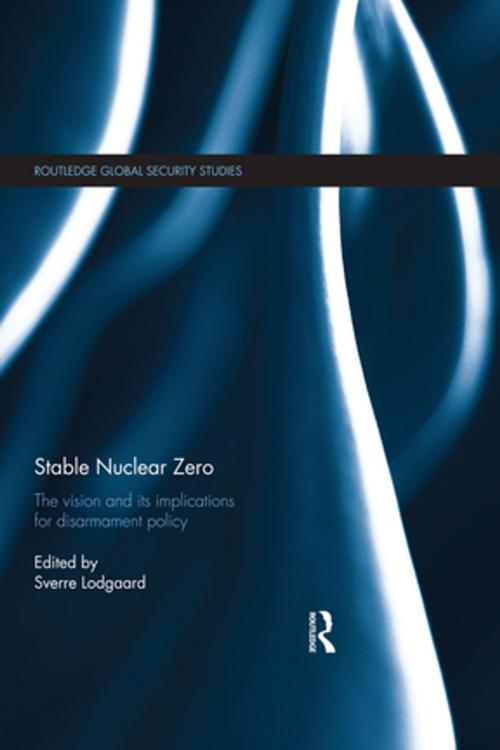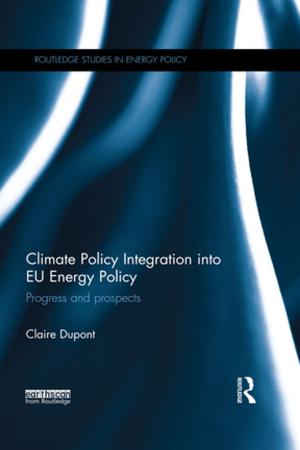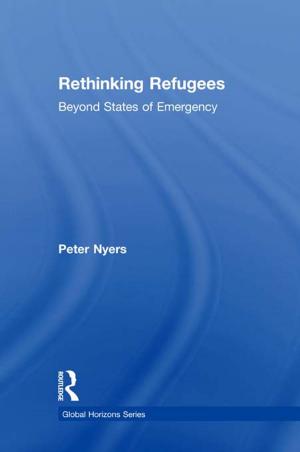Stable Nuclear Zero
The Vision and its Implications for Disarmament Policy
Nonfiction, Social & Cultural Studies, Political Science, Politics, Arms Control, International, International Security, International Relations| Author: | ISBN: | 9781315536637 | |
| Publisher: | Taylor and Francis | Publication: | August 12, 2016 |
| Imprint: | Routledge | Language: | English |
| Author: | |
| ISBN: | 9781315536637 |
| Publisher: | Taylor and Francis |
| Publication: | August 12, 2016 |
| Imprint: | Routledge |
| Language: | English |
This volume examines the conditions necessary for a stable nuclear-weapons-free world and the implications for nuclear disarmament policy.
The Nuclear Non-Proliferation Treaty (NPT) is a road map to nuclear zero, but it is a rudimentary one and it says nothing about the kind of zero to aim for. Preferably, this would be a world where the inhibitions against reversal are strong enough to make it stably non-nuclear. What then are the requirements of stable zero? The literature on nuclear disarmament has paid little attention to this question. By and large, the focus has been on the next steps, and discussions tend to stop where the NPT stops: with the elimination of the weapons. This book seeks to fill a lacuna by examining the requirements of stable zero and their implications for the road map to that goal, starting from the vision to the present day. The volume highlights that a clear conception of the goal not only is important in itself, but can shed light on what kind of disarmament process to promote.
This book will be of much interest to students of nuclear proliferation, global governance, security studies and IR.
This volume examines the conditions necessary for a stable nuclear-weapons-free world and the implications for nuclear disarmament policy.
The Nuclear Non-Proliferation Treaty (NPT) is a road map to nuclear zero, but it is a rudimentary one and it says nothing about the kind of zero to aim for. Preferably, this would be a world where the inhibitions against reversal are strong enough to make it stably non-nuclear. What then are the requirements of stable zero? The literature on nuclear disarmament has paid little attention to this question. By and large, the focus has been on the next steps, and discussions tend to stop where the NPT stops: with the elimination of the weapons. This book seeks to fill a lacuna by examining the requirements of stable zero and their implications for the road map to that goal, starting from the vision to the present day. The volume highlights that a clear conception of the goal not only is important in itself, but can shed light on what kind of disarmament process to promote.
This book will be of much interest to students of nuclear proliferation, global governance, security studies and IR.















